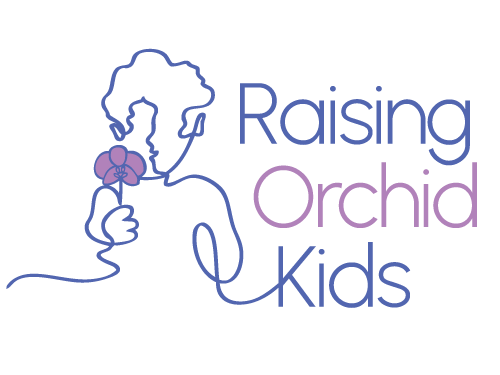It’s happened to most of us at one time or another. Child WAS sleeping through the night in their own bed and then they just start showing up unannounced in the middle of the night.
Usually there’s a trigger: a trip, an illness, a big transition (like a baby sibling) or another big change of some kind. But sometimes, changes in sleep simply indicate that a developmental shift is happening. Sometimes, Kiddo has never been a great sleeper.
Read THIS POST on why what you do doesn’t matter very much in the long term. There is no ‘wrong’ way, but different choices have different outcomes. Which near, medium and long-term outcomes are you going for?
Having said all that, here are a couple of “best practices” for when you’re laying out any desired change in routine or behavior (like whether or not kiddo comes into your bed in the middle of the night).
DO tell your child what will happen calmly and matter-of-factly. Choose a moment away from the actual event to have a (short!) conversation in which you preview the change that will be happening. Be straightforward about what will and won’t happen.
Sample Conversation One: “It turns out that everyone sleeps better in their own beds. Tonight, if you come into my bed, I will bring you back to your bed [and stay with you until you fall asleep / or not]. If you come back to my bed, I will bring you back to yours. It’s important that you learn to sleep there, and I will help you learn that.”
Sample Conversation Two: “I love it when you come into my room at night, but it’s hard for me to sleep when you’re in my bed. You are welcome to sleep on this mattress on the floor next to me so that we can both get good sleep.”
Sample Conversation Three: I love it when you come into my bed in the night. You’ll go to sleep in your bed, but if you wake up, you can come in. No problem.”
Do you see how in each version of these conversations, the tone was the same (plain, short, clear) even though the specifics of the ‘how’ were different?
DON’T set up punishment or reward systems. DEFINITELY don’t use punishment, and whenever you can avoid it, avoid using reward also. When we’re changing daily routines / self-help skills, the research on external rewards is clear: they work in the short term, but are not helpful in the longer term. The goal is for the new behavior / skill/ routine to be rewarding in and of itself. For example: you sleep better = you feel better.
DO follow through on what you said you would do. If you’re helping Kiddo learn how to stay in their own bed, you must be willing to walk them back to their room as many times as it takes for them to stay there. This means that you will be depriving yourself of sleep for a couple of nights while Kiddo learns. Know this going in, and ask yourself: do I accept this short term pain of losing sleep for the long term gain of better sleep? If yes, proceed; if not – NO STRESS. Find another way.
DON’T change the procedure midstream. If you’ve laid out how the midnight bed switcharoo is going to proceed, DO NOT deviate from that in the moment. It can feel tempting to make changes in the middle that seem really reasonable (or more likely are based on survival instinct kicking in), but changing things in the middle throws a lot of things off, starting with your child’s trust in you. Change is super destabilizing for a child (even if they’re upset about the way things are going and are crying and fussing!). Stay the course in the moment and revisit during the day if you have to.
DO be willing to re-evaluate when you have some data. If you’ve been consistently doing the new routine for a week solid and nothing has changed, it’s time to modify! Be willing to question assumptions, experiment, adopt different timelines and different ‘rules’.
DON’T give yourself a hard time. There are no awards for self-flagellation. Acknowledge that you’re doing the best you can and so is your child. Compassion for everyone is an amazing gift that you can give to yourself and to others. (And it’s FREE!)
How might these “Do’s” and “Don’t”s apply in your parenting life? What are you taking from this example? We’d love to hear! Comment below to let us know.

